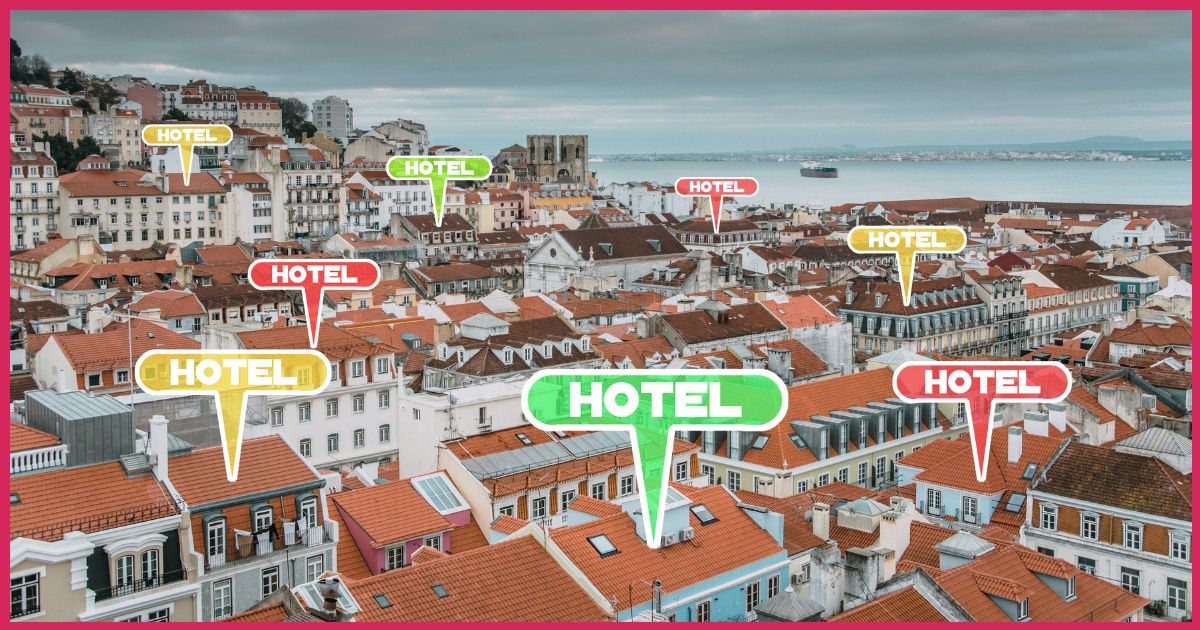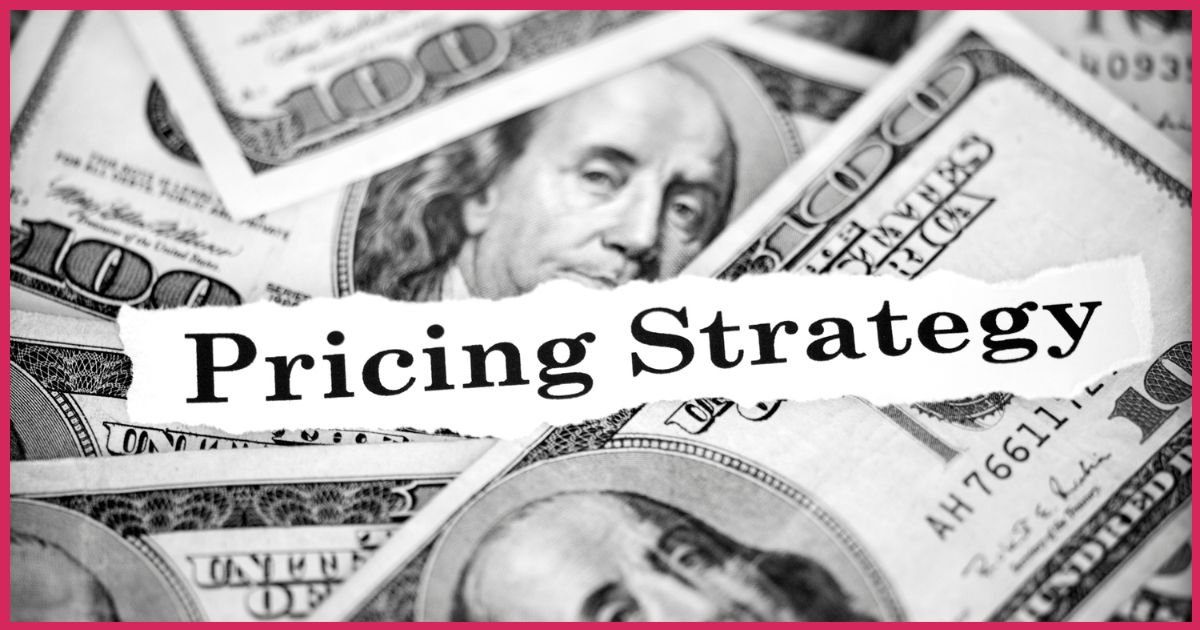How Do Hotels Price Their Rooms? Key Factors Influencing Rates
Pricing hotel rooms is a complex process, influenced by multiple variables and strategies. Hotels employ dynamic pricing models, adjusting rates in response to demand, supply, and competitive activity. This approach ensures that hotels can maximise revenue while offering competitive rates to potential guests.
Several factors come into play when setting these prices. Seasonality, local events, and the day of the week can all impact room rates. For instance, rooms may be cheaper during off-peak seasons but can skyrocket during major local events or holidays. Hotels also monitor their competitors' prices and adjust their own rates accordingly to remain attractive to potential guests.
Revenue management systems play a crucial role in this dynamic process. These sophisticated tools analyse historical data, current market trends, and occupancy forecasts to determine optimal pricing. By utilising these systems, hotels can make more informed decisions and react swiftly to market changes, ensuring they remain profitable while meeting guest expectations.
Fundamentals of Hotel Pricing
Hotel pricing strategies balance between maximising revenue and meeting market conditions. Important factors include supply and demand, seasonal variations, and competition.

Basic Concepts of Pricing Strategy
A hotel's pricing strategy often focuses on revenue management. This involves adjusting room prices dynamically based on occupancy rates, booking patterns, and expected demand.
Methods commonly used include dynamic pricing, which changes rates based on real-time data, and price fencing, which segments customers to offer different prices without diluting overall revenue. Another key tool is competitive pricing analysis, where hotels track rivals' prices to stay competitive.
Value perception also plays a critical role. Prices may fluctuate based on perceived amenities and services, aiming to strike a balance that attracts guests while maximising profits. Utilising yield management software helps in making these informed decisions.
Understanding Supply and Demand in Hotel Industry
Supply and demand significantly influence hotel pricing. During high-demand periods like holidays or local events, prices typically rise due to limited room availability, maximising potential revenue. Conversely, during off-peak times, hotels might lower prices to attract more guests.
Seasonalities are another important factor. Locations with distinct seasons adjust their pricing to reflect peak and low tourist seasons. For example, beach resorts charge higher rates in summer compared to winter.
Market conditions, such as economic trends or regional developments, also impact supply and demand. For a hotel, it's crucial to continuously monitor these factors and adjust prices accordingly to remain competitive and profitable.
Factors Influencing Room Pricing
Room pricing in hotels is determined by several critical factors, including market conditions, operational costs, and guest demand.

Location and Competitiveness
The location of a hotel significantly impacts room pricing. Hotels located in prime areas such as city centres, tourist attractions, or business hubs can charge higher rates due to increased demand.
Competition also plays a crucial role; a hotel in an area with numerous competing properties must strategically price its rooms to attract guests while maintaining profitability. Proximity to transportation links, restaurants, and entertainment venues further enhances a hotel's attractiveness, allowing for premium pricing.
Occupancy and Seasonality
Occupancy levels and seasonality greatly influence room rates. During peak seasons like holidays or major local events, demand surges, allowing hotels to increase prices. Similarly, high occupancy rates enable hotels to maximise revenue by raising rates.
Conversely, in off-peak periods, hotels may lower prices to attract guests and maintain occupancy levels. Historical data on past occupancy trends helps hotels predict and adjust their room rates according to expected demand fluctuations.
Cost Structure and Profitability
Operational costs and profit margins are essential considerations in room pricing. Hotels must cover expenses such as salaries, maintenance, utilities, and marketing while ensuring a satisfactory profit margin.
The size and amenities of rooms also affect pricing; larger rooms or those with premium features can command higher rates. Effective cost management enables hotels to price rooms competitively, balancing the need to attract guests with the goal of achieving profitability.
Revenue Optimisation Strategies
Hotels employ various strategies to optimise revenue, focusing on techniques to adjust pricing dynamically, offer attractive discounts, and enhance overall guest experience through additional services and upselling.

Dynamic and Value-Based Pricing
Dynamic pricing involves adjusting room rates based on real-time demand and supply conditions. Hotels use advanced revenue management systems to analyse factors like seasonality, local events, and occupancy rates. This enables them to maximise RevPAR (Revenue Per Available Room) by increasing prices during high demand and reducing them during low periods.
Value-based pricing considers the perceived value of the room to different customer segments. Factors like room amenities, view, and floor level influence pricing. Premium rooms with better amenities are priced higher, targeting guests willing to pay more for additional comfort and services.
Discount and Length of Stay Strategies
Hotels use discount strategies to attract price-sensitive customers. Early bird discounts, last-minute deals, and promotional offers during off-peak seasons help increase occupancy rates. Special deals for advance bookings also promote better revenue forecasting and planning.
Length of stay pricing provides incentives for extended stays. Offering lower nightly rates for longer stays helps hotels maintain higher occupancy rates and reduce room turnover costs. This strategy is particularly effective during low-demand periods, encouraging guests to lengthen their visits.
Ancillary Services and Upselling
Offering ancillary services such as spa treatments, dining experiences, and transportation options allows hotels to generate additional revenue. Bundling these services into packages can create perceived value, encouraging guests to spend more during their stay.
Upselling involves promoting higher-category rooms or additional amenities at the time of booking or check-in. Training staff to identify opportunities for upselling and using personalised offers enhances guest satisfaction while increasing revenue. Effective upselling not only boosts revenue but also enhances the overall guest experience.
Technology and Data in Pricing
Hotels utilise advanced technology and data to optimise room pricing, driven by the need to remain competitive and maximise revenue. Key factors include the use of business intelligence tools and sophisticated revenue management software.

Business Intelligence and Analytics
Hotels leverage business intelligence tools to analyse large sets of data. This includes monitoring market trends, competitor pricing strategies, and assessing guest reviews.
By gathering data on local events, holidays, and seasonal demands, hotels can predict fluctuations in booking patterns. Analysing these trends helps in setting room rates that align with expected demand.
Guest reviews also play a crucial role. Positive reviews can justify higher rates, while negative feedback might necessitate discounts or special offers to attract bookings. Analytics systems integrate these variables to offer real-time insights.
Revenue Management Software
Revenue management software employs algorithms to dynamically adjust room prices. This technology analyses historical data, current occupancy levels, and future booking patterns.
Key features include price optimisation, which helps set competitive rates. The software can adjust prices daily or even hourly, ensuring the best possible revenue for each room.
Forecasting tools help in predicting demand, allowing hotels to adjust prices for future dates effectively. This ensures a balanced approach to occupancy rates and maximised income. Integrating with property management systems (PMS), the software streamlines operations and enables efficient price adjustments.
Market Trends and Consumer Behaviour
Hotels adjust their pricing strategies based on market trends and how consumers behave. Key factors include reviews, reputation, promotional pricing, and events.

Influence of Reviews and Reputation
Reviews from past guests and the overall reputation of a hotel significantly impact pricing decisions. Positive reviews often allow hotels to set higher prices, as they indicate a higher level of service and satisfaction. Online booking channels and review platforms play a crucial role.
When a hotel has a strong reputation, it can attract more guests from various market segments. This increased demand allows for more flexible pricing strategies. Negative reviews, on the other hand, may force hotels to lower prices to remain competitive.
Reputation management becomes essential, as hotels constantly monitor feedback to maintain their pricing power.
Promotional Pricing and Events
Promotional pricing strategies are essential for driving bookings during off-peak periods. Hotels often offer discounts, special packages, and loyalty program incentives to entice different guest segments. These promotions can include deals tied to holidays, local events, or special occasions.
Events influence hotel pricing as well. During significant events or peak holiday seasons, hotels may raise prices due to increased market demand. For instance, during major local festivals or conventions, demand surges, allowing hotels to adjust rates accordingly.
Promotional events also play a role. Hotels might host themed events that attract specific guest segments, utilising these opportunities to boost occupancy and revenue.




